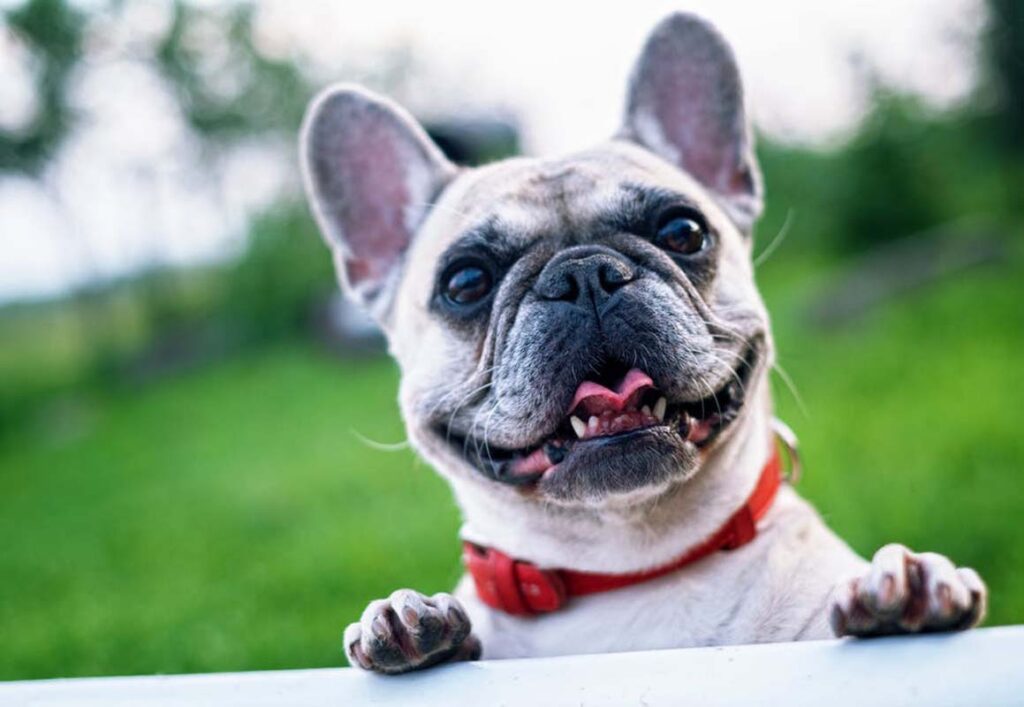We’ve all been there a time or two… bad breath. Did you forget to brush your teeth? Did you eat a mean garlic/onion-laden meal? Do you have dry mouth? These are common reasons for people to experience halitosis, but what about your dog or cat? I mean they do lick their butt, but is that why their breath is repulsive?! Here are the most common reasons your pet has bad breath and what you can do about it.
Reason #1: Dental Disease
Believe it or not, by the age of 3 MOST dogs and cats have some degree of Dental Disease. This is the leading cause of bad breath in your beloved pet. The dental disease itself is a broad term that encompasses a few different types of conditions that most commonly affect your pet’s oral health, specifically Periodontal Disease and Resorptive Dental Disease. Think about it, we as humans see the dentist every six months and brush and floss our teeth twice a day to properly care for our teeth in hopes of keeping them for our entire lives. Pets…well, they commonly don’t see the vet for professional dental cleanings every six months, and they certainly do not brush/floss twice a day. And let’s be honest, most clients aren’t able to consistently brush their pet’s teeth, and most pets are not compliant for at home oral care. It is a perfect storm for a dental disease to develop by the age of 3. Dental disease is a source of pain in your pet, as well as a catalyst for spreading bacteria and chronic inflammation throughout your pets’ body when left untreated.
Reason #2: Diet
You’ve probably heard the saying “You are what you eat”…right? Well, pets are no different. Some diets that are heavily fish-based can undoubtedly lead to your pet’s breath being a bit off. Dietary supplements such as fish oils would also fall into this category. Oh, and coprophagia…you know, when your cute little critter likes to eat poop. That would certainly cause their breath to rival the towel bowl! Think about the last time you ate an odiferous meal or burped after ingesting a fish oil capsule… Eeeewwww!
Reason #3: Metabolic Disease
We know that in humans, breath changes can be a sign of other diseases outside of the mouth. In pets, Kidney Disease and GI Disorders can present with bad breath. Commonly other symptoms are noted such as weight loss, depressed appetite, lethargy, and vomiting/diarrhea.
So now that you know the most common reasons for bad breath in your pet, what should you do? My first recommendation is to schedule an exam with your trusted vet. Please stay away from those gimmicks that suggest their special treat or water treatment will resolve the problem. It won’t! Your vet will perform a physical exam as well as an oral exam to help identify the source or sources of halitosis in your pet. They will make treatment recommendations on how to resolve the halitosis based upon the actual cause. Getting an accurate diagnosis for the reason for your pet’s bad breath could literally add years of life to your pet. And save you from enduring stinky breath just to love on your pet.


